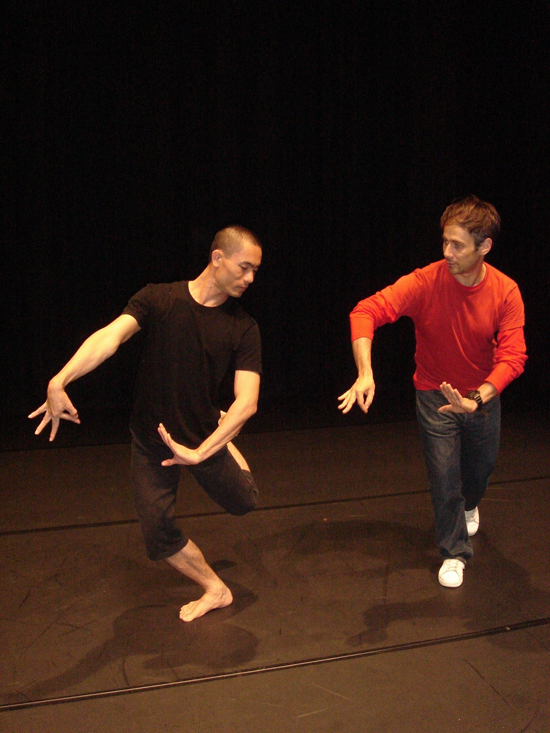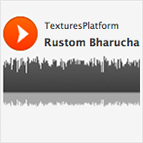
In my paper, I would like to look at dance as an art form within the context of intercultural encounters. Discourses on dance often betray an underlying assumption that dance is universal and can be understood by anyone, everywhere - dance as a global player! But even just a cursory glance at the history and the diversity of forms in different cultures reveals that dance performs culturally specific, regional, and local conceptions of the body, of interaction, and of rhythmic staging. On the one hand, dance performances invite (kinesthetic) identification and an inclusive participation; on the other, they can also induce experiences of difference, exclusion, or transgression. What experience, what specific knowledge is embodied in dance, dance techniques, and choreographic performances? To what extent does this describe a "knowledge of the human being" that can be portrayed only performatively - through body movements, interactions, and space-time-models?

 In this interview, IRC-Fellow Johanna Devi, artist, choreographer and dancer, provides a personal insight into her artistic career and the choices leading up to the research project that she had pursued at the IRC. Following the stages of her training, she explains how dance and music as well as Germany and India have always been closely interwoven parts of her life. Devi describes the challenges of the project that aimed at elaborating the metaphysical connection of performers and audience members asking how ether or space could serve as a medium for the transportation of subtle energies that communicate the state of the performer to the viewer.
In this interview, IRC-Fellow Johanna Devi, artist, choreographer and dancer, provides a personal insight into her artistic career and the choices leading up to the research project that she had pursued at the IRC. Following the stages of her training, she explains how dance and music as well as Germany and India have always been closely interwoven parts of her life. Devi describes the challenges of the project that aimed at elaborating the metaphysical connection of performers and audience members asking how ether or space could serve as a medium for the transportation of subtle energies that communicate the state of the performer to the viewer. 










